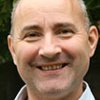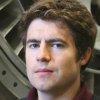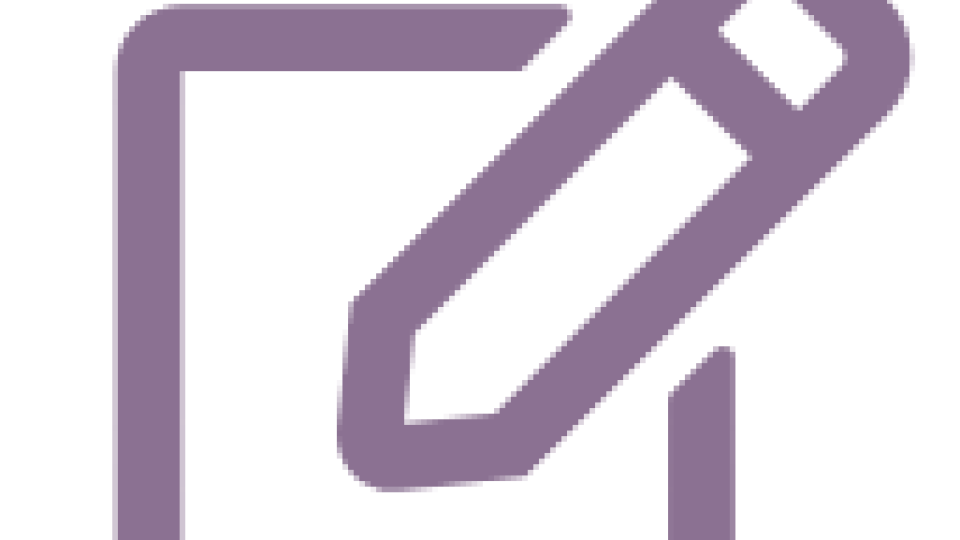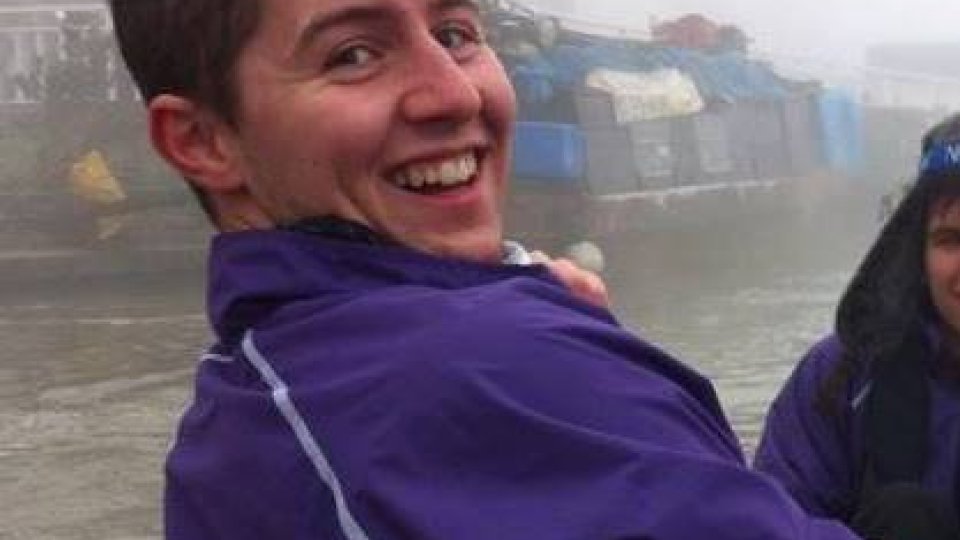Engineering at Cambridge is a broad-based course, unlike those at universities that have separate departments of civil, mechanical and electrical engineering. All students study a common core of subjects in the first two years. The course is not simply vocational, but aims to provide a broad scientific foundation on which to base the principles of engineering analysis and design. The Department of Engineering is one of the largest in the university with over 1000 undergraduates and 350 research students.
All courses in Engineering are for four years and lead to the degrees of BA and MEng. After the broad Part IA and Part IB Tripos examinations in years one and two, students may choose to spend their third and fourth years taking specialist papers in their chosen field of engineering from Part IIA and Part IIB of the Engineering Tripos or in related subjects such as Electrical and Information Sciences, Chemical Engineering or Manufacturing Engineering. Some students may also divert to other subjects such as Management Studies.
The University department provides most of the teaching, and this includes not only lectures but also experimental and extensive project work. College teaching, known as supervision, is given in the first two years mainly by the teaching Fellows of the College, and usually in groups of two. In the third and fourth years supervision is arranged by the College, but is often given by experts in particular branches of Engineering, who may not be members of King's.
Engineering at Cambridge
Undergraduate students and staff talk about studying Engineering at the University of Cambridge. To find out more about this course, see www.undergraduate.study.cam.ac.uk While every effort has been made to ensure that the information contained in this video is accurate at the time it was uploaded, changes are likely to occur. It is therefore very important that you check the University and College websites for any updates before you apply for the course by visiting…
The Department of Engineering is one of the largest in the university with over 1000 undergraduates and 350 research students. King's College admits about nine undergraduates and about five or six graduates to study Engineering each year. Many undergraduates have spent a year in industry, often with a sponsoring firm, between school and university. You might like to consider deferring entry in order to gain experience of the engineering profession before starting your degree course, however this is not a requirement.
Fellows at King's in Engineering:
King's admits about nine undergraduates and five or six graduates to study Engineering each year. Many undergraduates have spent a year in industry, often with a sponsoring firm, between school and university. You might like to consider deferring entry in order to gain experience of the engineering profession before starting your degree course, however this is not a requirement.
We welcome suitably qualified applicants from all backgrounds, all over the world. Women are underrepresented in university Engineering courses, and we therefore actively encourage applications from women to study Engineering at King's.
Subject Requirements
The required subjects for Engineering are Mathematics, Further Mathematics and Physics to A-level, and Mathematics and Physics at IB Higher Level or equivalent. We strongly prefer applicants to study a third science or mathematics subject at the same level. Chemistry, Computing, Design & Technology or Electronics may also be useful options.
If you’re taking A levels and have the opportunity to study Further Mathematics, you should choose this as one of your qualifications. If you have the opportunity to study Further Mathematics at AS level but not A level, then you should take the AS level. If you’re unable to take either qualification, you should do your best to study as much additional mathematics as you can. There are a number of resources available online that you might find useful for this purpose, including: https://amsp.org.uk/. If you are unsure, please feel free to contact the College and we will do our best to point you in the direction of helpful resources.
In admitting students to study Engineering, motivation and promise of achievement are sought by interviewers, rather than just attainment of high grades in school examinations; candidates' interest in, and knowledge of the creative aspects of Engineering is explored.
Written Assessment
All candidates for Engineering are required to take the pre-registered admissions assessment for Engineering, which will take place in assessment centres (NOT in your school). You must register YOURSELF in advance to take the assessment.
All applicants for courses with pre-registered assessment must be registered in advance. Late registration will not be possible and may result in the application being invalid. Students self-register for the test – their school cannot do this for them. Please make contact with your nearest test centre as soon as possible.
Applicants applying in the 2024 application round for entry in 2025/26 will have to take the ESAT (Engineering and Science Admissions Test) for Engineering.
Written Work
Applicants are not expected to submit any written work as part of their application.
Interviews
Most (but not all) candidates are invited for interview at King's in early December. Engineering candidates invited for interview usually have one interview with two Engineering Fellows at King's.
Fraser and Shreeja have written accounts of their experiences of King's Engineering, including freshers' week, the course and supervisions, lab work, exams, King's Engineers and the wider college community, and the application process. These accounts are well worth reading to get a sense of what studying Engineering at King's is really like.
The ability to link Physics and Mathematics knowledge in developing mathematical models or descriptions of physical situations is fundamental to the study of Engineering at Cambridge. This skill is often underdeveloped at school but there are excellent resources available on the NRICH website, linked below. See in particular mathematical issues, and the engNRICH and physNRICH sections.
The book by Professor M J French, Invention and Evolution – Design in Nature and Engineering (Cambridge University Press), is also a useful introduction. Further reading suggestions are given on the faculty website.
Your school work in Mathematics and Physics is essential preparation for Engineering at Cambridge. We advise all applicants to read the list of core topics in the pre-interview assessment content specification and to use the i-want-to-study-engineering website as a study resource. If your school does not offer Further Maths, you may be able to get support through the Further Mathematics Support Network. See the flowchart in the Links section below.
Events and schemes which may be of interest in the year before you apply (year 12 in the UK) include Oxford and Cambridge Student Conferences, Saturday Masterclasses, Cambridge University Science Festival, Headstart, Engineering Education Scheme, Nuffield Bursaries, and King's Open Days (if you come to the July ones, you can also get tours of the Faculty - it's the only time you can do this). Students from backgrounds where there is little tradition of entry to Higher Education might like to apply for Sutton Trust Summer Schools or the CUSU Shadowing Scheme.












